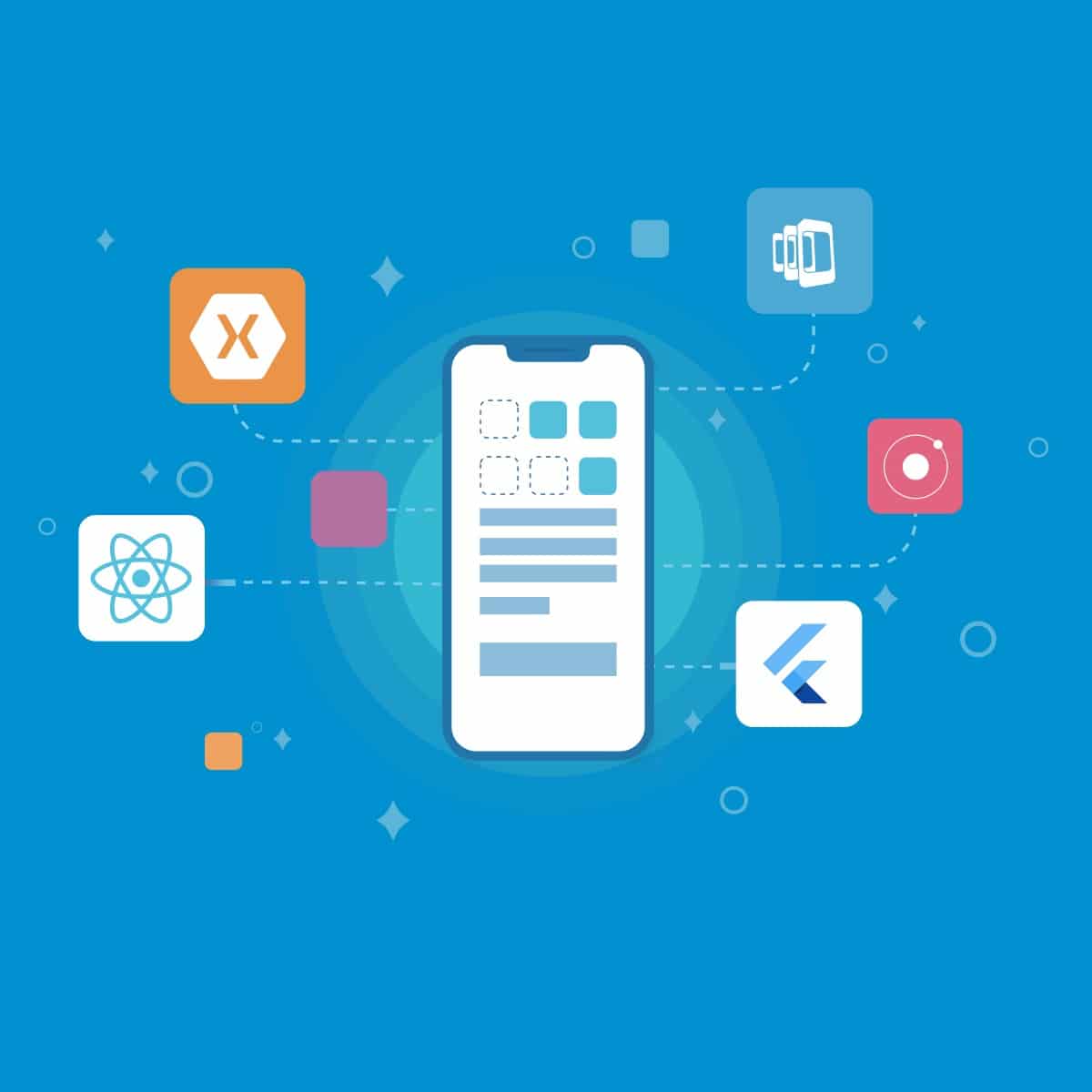Businesses are resorting to mobile apps to broaden their strategy and reach a larger customer base. Android OS dominates the mobile app development market with a market share of approximately 86.8 percent. Taking advantage of the benefits of Android application development is thus a must for businesses. It is likely to skyrocket in the future years.
Android app development provides significant strategic and operational advantages. As a result, businesses of all sizes are leveraging android app development to expand their operations and increase income.
Why Is Android Application Development the Best Choice for You?
To attract the attention of more potential customers, every entrepreneur must compete with ingenuity. It is due to the fact that the ultimate purpose of any organization is to earn revenue. Furthermore, the advancement of the Android development platform provides entrepreneurs with a cost-effective and scalable option for app development.
As part of today’s digital revolution, Android mobile applications have influenced the majority of sectors. Despite the fact that iOS is a popular platform, the following are some of the reasons why Android development is by far the greatest and most popular platform for businesses.
High ROI at Low Costs: One of the primary benefits of Android app development is the ease of access to the Android SDK. These SDKs’ material designs can be used by development teams to create interactive apps. Developers/development teams, on the other hand, must pay a one-time registration fee for application distribution. Following that, customers may use any computer device to design and test the product for their smartphones, resulting in a modest investment and improved user involvement. As a result, an interactive app benefits end-users while providing the organization with a larger return on investment.
Faster Deployment: Android apps for business have a rapid development cycle that lasts only a few weeks. It provides a competitive advantage to organizations that want to bring their fresh idea to market faster. Reduced Time to Market (TTM) is perhaps one of the most significant advantages of Android development.
Target Multiple Platforms: Because Java is a programming language, it is simple to adapt the app to other operating systems such as Symbian and Ubuntu. As a result, firms may use Android app development to target numerous platforms. It is only one of the many reasons why companies prefer Android development. Discover the fundamentals of porting iOS apps to Android. And how it assists businesses in making the most of their time and resources based on the interests of various target groups.
Google also designated Kotlin as an official language (or a Java substitute) for Android development. Kotlin Multiplatform can be utilised to power iOS, Android, and Java Desktop apps. Leading technological firms Kotlin is used for Android solutions by companies such as Pivotal, Atlassian, and Pinterest, Uber, and Evernote.
Versatility and Scalability: With the introduction of Android Studio, the OS’s versatility and adaptability have increased. It is compatible with the whole Android ecosystem, which includes smartphones, tablets, wearables, and Android TV. It makes Android apps compatible with new technologies such as IoT, augmented reality, and virtual reality. As a result, it is also one of the key android app advantages. Furthermore, the Android app platform’s adaptability enables development teams to create dynamic mobile applications that fulfil many functions once loaded on the device.
Enhanced Security: Android P offered a number of new and built-in security measures. It will aid in the prevention of malware and viruses. As a result, safety and dependability are extraordinary advantages of android application development. Continue reading to learn about Android best practises for security and privacy, which may assist enterprises in defining the proper approach throughout the application lifecycle.
Customization: Because Android is an open source platform, development teams have access to a wide range of customization options. This is why Android applications are so popular. Furthermore, the operating system allows for the development of various Android apps that may be readily integrated into multimedia tools and data management components of your existing business processes.
As a result, organisations can benefit from accessing a larger consumer base by adapting to changing business requirements.




